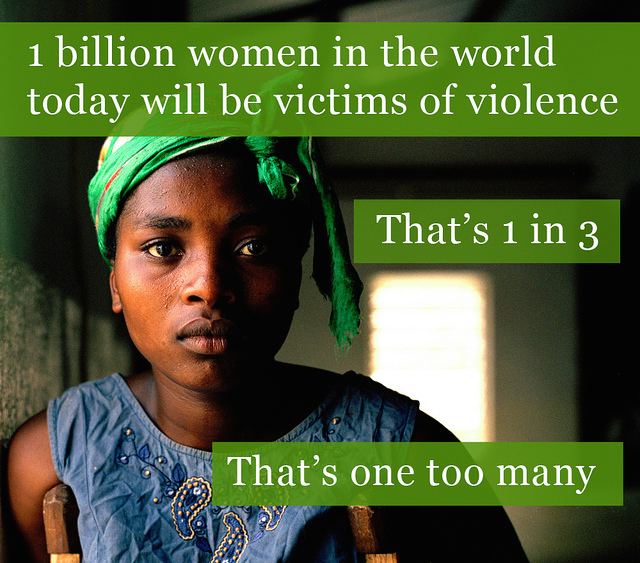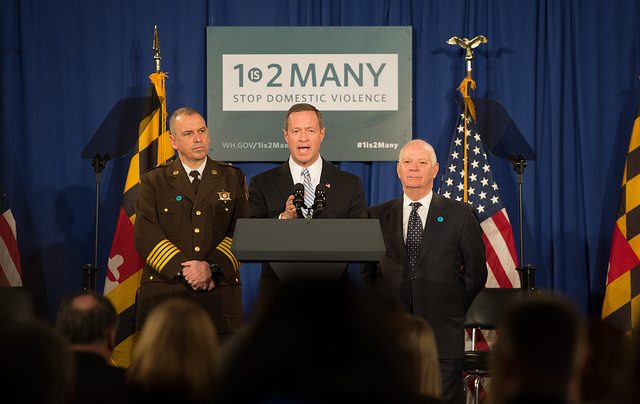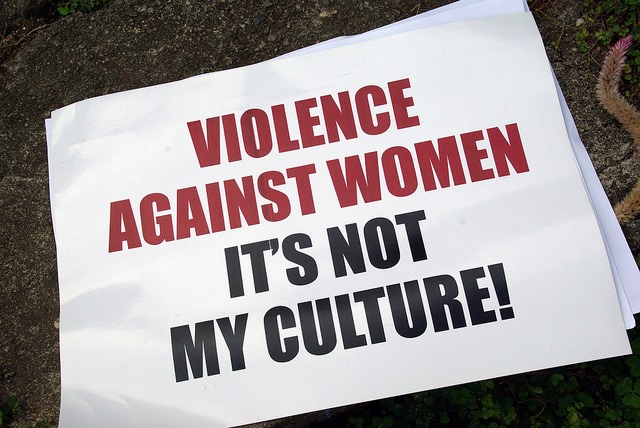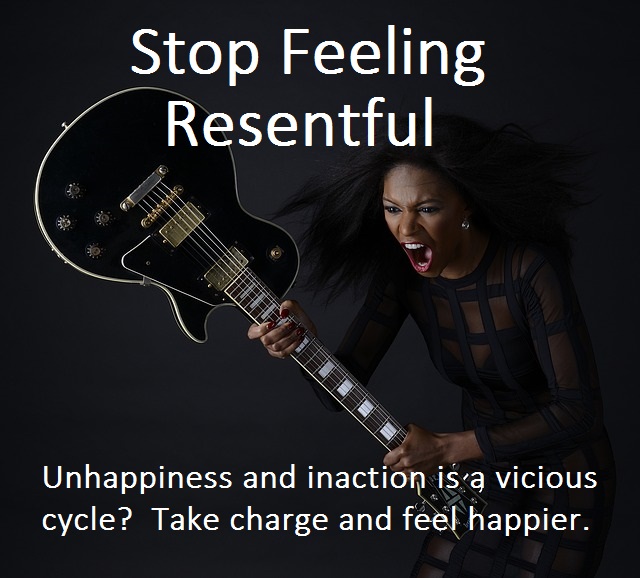Domestic Violence Help for Women
Domestic violence help for women is a persistent need because violence against women continues as a growing problem. Over 5 million women are victims of domestic violence every year, and over 1,200 are killed by their spouses or boyfriends every year.
If you're in immediate danger, you should call 911.
Why Do Some Women Fail to Seek Help?
A female victim in an abusive relationship may consider herself weak and may not know where to turn to find domestic violence help for women. Some try to make it appear that their relationship is stable and happy. Family or friends know something is wrong, but don't feel they should interfere.
Many women think their partner will miraculously change, even when the abuse has gone on for a long time. However, without professional counseling, it's highy unlikely.
Domestic violence victims are also hesitant to leave an abusive husband or partner because children are involved, but anyone living in a home with an abuser is at risk. There's no guarantee that because the abuser has never harmed anyone else in the home that it's not going to happen.
Resources for Immediate Domestic Violence Help for Women
If you're a woman in an abusive relationship, you and your children are entitled to live a normal life without being beaten or verbally abused.
Local police officers are trained to provide domestic violence help for women in abusive situations. However, if you need advice on how to handle your situation, advocacy and support groups around the country can help you.
If you don't know of local groups for domestic abuse victims, call the National Domestic Violence Hotline at 800-799-7233 (SAFE).
More Domestic Violence Help for Women is Available on this Website and at the Resources Below
One of the most extensive resources online for domestic abuse victims is the International Directory of Domestic Violence Agencies.
On the site http://www.hotpeachpages.net, when you get to the main page, you can click on the links for any region in the world, and find resources in more than 80 languages. You can find helplines, crisis centers, and shelters.
The website womenshealth.gov is operated by the Federal Government. Click on the link for each state to find resources in your area. At the website loveisrespect.org, you can find phone numbers for the National Dating Abuse Helpline and the National Sexual Assault Hotline.
Getting Domestic Violence Help for Women Outside of the U.S.
Women living in the UK should contact Women's Aid at 0808 2000 247. Canadian women can contact 1-800-363-9010, and in Australia, 1800 200 526.
The U.S. Violence Against Women Act
The U.S. Federal - Violence Against Women Act was signed into law in 1994, by President Bill Clinton to focus on providing domestic violence help for women. The law allowed for investigations into cases of violent acts against women to be enhanced, increased pre-trail incarceration for suspected abusers, made restitution mandatory on convictions, and allowed victims to seek civil recourse if their case was not prosecuted.
Advocacy groups including the National Coalition Against Domestic Violence, the National Organization for Women, Legal Momentum, and the National Coalition Against Sexual Assault, all supported the bill. Since the bill was originally passed, it's been reauthorized twice. The U.S. Justice Department has an office that deals exclusively with violence against women issues, and covers domestic and dating violence, sexual assault, and stalking.
Shelters offer women and their children a safe place to stay once they've left their abusers. Many women's shelters keep their addresses confidential to prevent abusers from finding their victims.
Domestic abuse hotlines, local police, or social workers can provide information about local shelters. In addition to offering shelter, other services may be provided. Legal services may be provided if the woman needs a restraining order. Counseling may also be offered for women suffering from emotional trauma due to their abuse. Since many women must quit their jobs to escape from their abusers, some shelters offer job and financial counseling. This is helpful for women who previously didn't work.
Domestic Violence Against Women is Treated Seriously
Women have equal protection of laws against violence and abuse in the United States. Part of the Crime Bill enacted by the United States Congress in 1994, passed legislation that stated that violence against women had high impact and far reaching consequences on women, children, and society.
The Gun Control Act was amended to include crimes of domestic violence. The Violence Against Women Act protects women against interstate stalking and interstate travel to commit domestic violence. The bill also contains provisions relating to firearms and other statutes. The law was enacted because previously the federal government didn't have any jurisdiction in domestic violence cases. The Justice Department assists local authorities to reduce incidents of domestic violence.
Law Enforcement will Provide Domestic Violence Help for Women
Domestic violence is a serious crime and law enforcement officers are expected to respond to domestic violence calls no matter how often they occur. Domestic violence should always be treated like any other crime, and police are expected to get physical evidence of the incident, including testimonies from the victim and witnesses, clothing, and pictures.
What to Expect of Law Enforcement Officers respond to Domestic Violence Against Women: Steps should be taken to make sure that the victim and any children involved are taken to another safe location. If Protective Orders are in effect and are violated, arrests should be made for the violation. Local law enforcement, victims assistance, and any local social service agencies should work together to protect and support victims.
Protective Orders Provide Domestic Violence Help for Women
In order to get a protective order, one of the following must be the case.
- You must be a spouse or former spouse.
- The person to be served must be someone you lived with.
- You must have been engaged to, or were dating the other person.
- You must have had a child or children together.
- A relative to the second degree, such as a grandparent, could file for a protective order.
- There must have been physical or verbal abuse, or sexual assault, harassment, or stalking involved, and there must be evidence. This may include signed statements, police reports, photos, or copies of protective orders.
If you need immediate help, call 911. Local authorities are trained to help domestic abuse victims.
If you feel that you aren't in a position to leave immediately, try to take the following steps:
- Have an emergency plan in place.
- Have copies of all identification for you and your children.
- If the abuse has happened before, make sure the local police know.
- Have an escape route ready.
- If you can safely do so, have emergency numbers programmed into your phone.
- Find out where a nearby shelter is, or make arrangements with friends you could stay with.
- If you have pets, make arrangements to have them cared for.
- Try to keep some emergency money hidden away.
- Consult with an attorney so you know what your rights are.
Return from domestic violence help for women to more resources for domestic violence help ...







